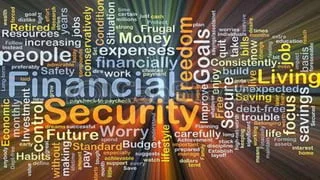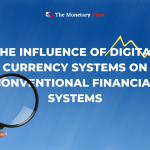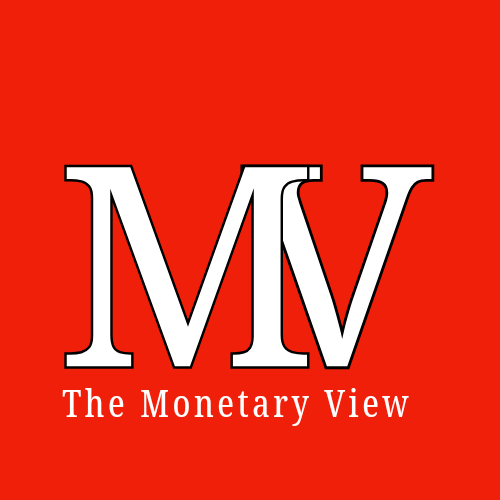Financial security is a paramount concern, especially in the face of economic instability. In an unstable economy, where financial shocks and uncertainties can occur unexpectedly, the need for robust financial security becomes even more critical. Here, we explore the significance of financial security in such an environment.
- Protecting Against Uncertainty: An unstable economy is characterized by fluctuations in economic growth, high inflation, and market volatility. Financial security serves as a safety net, helping individuals and families weather these uncertainties. It provides a buffer against unexpected financial setbacks, such as job loss or medical emergencies.
- Maintaining Peace of Mind: Knowing that you have financial security brings peace of mind. It reduces stress and anxiety about the future, allowing individuals to focus on their well-being and personal goals, rather than worrying about financial instability.
- Safeguarding Long-Term Goals: An unstable economy can pose a threat to long-term financial goals, such as retirement planning, education funding, and homeownership. Financial security ensures that these objectives remain within reach, even when faced with economic challenges.
- Reducing Debt and Financial Burdens: With financial security, individuals are better equipped to manage their debts. It enables them to make timely payments, avoid high-interest debt traps, and work towards debt reduction and financial freedom.
- Emergency Preparedness: Unforeseen emergencies, such as natural disasters or unexpected medical expenses, can severely impact financial stability. Financial security ensures that you are prepared for emergencies and can readily handle these unexpected costs.
- Investment Opportunities: In an unstable economy, there can be opportunities for wise investments when market conditions are favorable. Having financial security allows you to take advantage of these opportunities without undue financial risk.
- Supporting Your Loved Ones: Financial security isn’t just about personal well-being; it also extends to the ability to support and provide for your family and loved ones during challenging times.
- Enhancing Economic Stability: On a broader scale, when a significant portion of the population maintains financial security, it contributes to economic stability. It reduces the strain on social safety nets and government resources.
- Building Financial Resilience: Financial security equips individuals with the ability to bounce back from financial setbacks. It’s about being adaptable and resilient in the face of economic instability.
To achieve and maintain financial security in an unstable economy, it’s essential to focus on various aspects of personal finance, including budgeting, emergency savings, debt management, and investment diversification. Additionally, staying informed about economic trends and adapting your financial strategies as needed can be instrumental in ensuring long-term stability.
In an uncertain economic environment, financial security is not just a luxury; it’s a necessity. It provides the foundation for individuals and families to navigate the challenges of an unstable economy while pursuing their financial and life goals with confidence.








